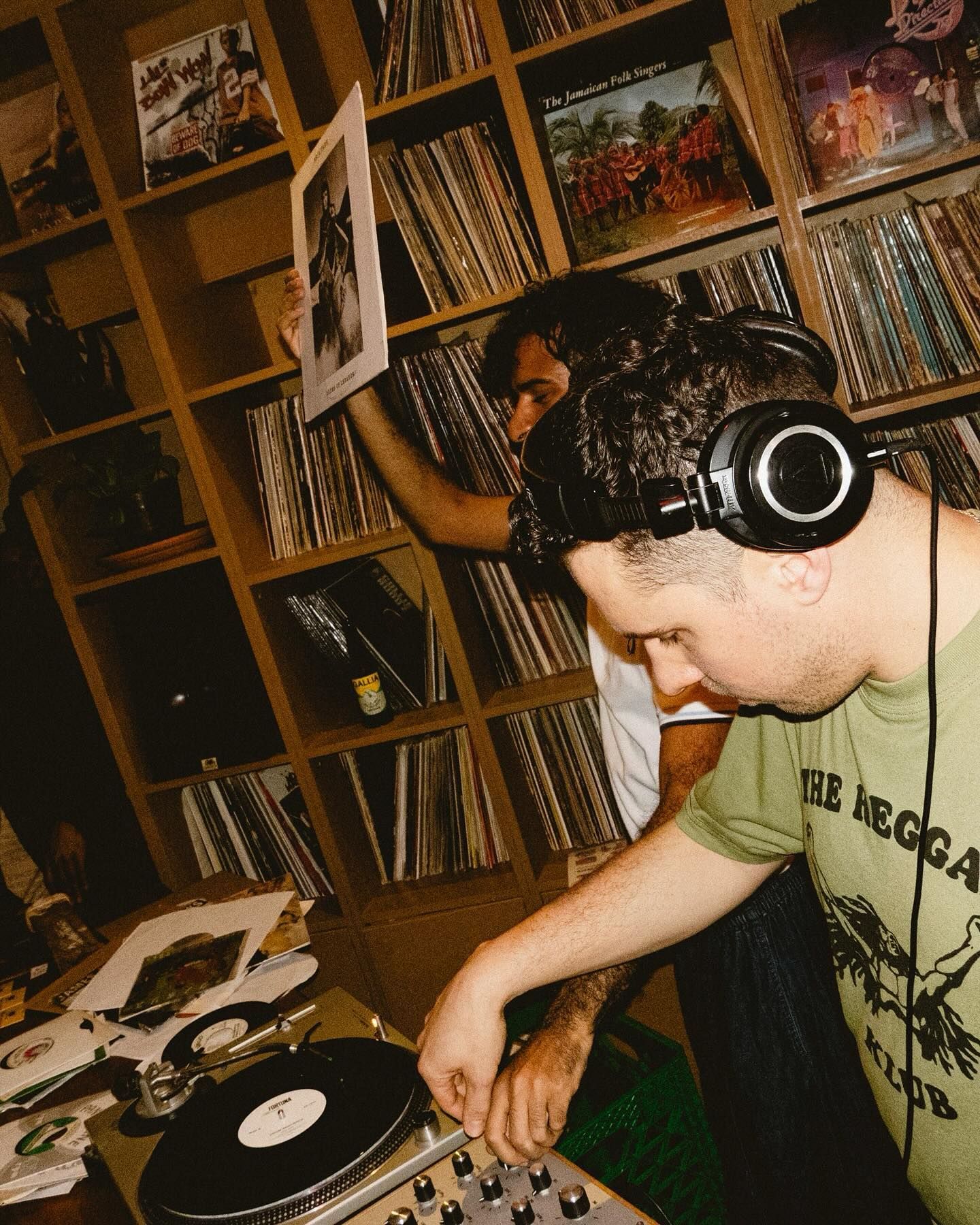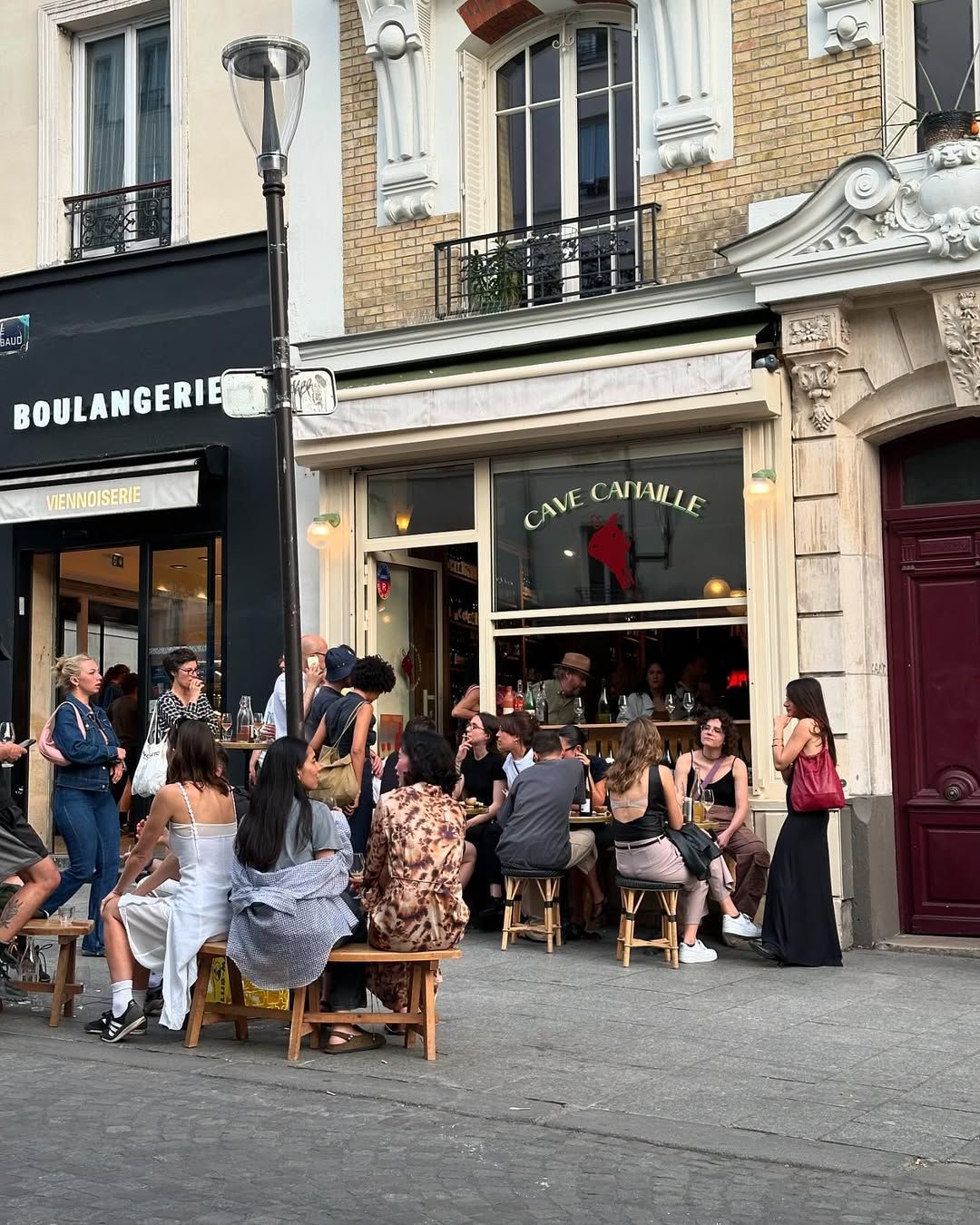
Social cleansing in the run-up to the Olympic Games After the dismantling of France's largest squat, what does the future hold for the most vulnerable of the city?
The Olympic Games haven't even started yet, but already a sense of weariness and horror is settling in, particularly among the inhabitants of Île-de-France. Whether it's due to their omnipresence in the media, the constant unveiling of increasingly draconian measures, or simply because they disrupt our tranquility, everyone has their opinion on the matter and doesn't hesitate to express it freely. Amid the almost idyllic picture that the government tries to paint, a dark reality persists: the housing crisis and the resulting precarity. In recent months, mass evictions have marked the daily lives of Parisians, affecting all social categories. Last September, it was horrifying to learn that 3000 students were to part with their CROUS accommodations for 100 euros and two tickets to the competition. While yesterday, France's largest squat in Vitry Sur Seine was being dismantled with battering rams by 250 law enforcement officers.
The dismantling of the squat in Vitry-sur-Seine reveals an alarming trend that has manifested itself several times in the Paris region over the past year. The repeated evictions clearly indicate a policy of "social cleansing" in anticipation of the Paris 2024 Olympic Games. For example, in July of the previous year, 150 people were evicted from an abandoned nursing home in Thiais, in Val-de-Marne, under similar circumstances. Just like the 500 migrants who were evicted from the former disused headquarters of Unibéton on the Île-Saint-Denis on April 26th. This trend is occurring in a context where authorities seek to embellish the city's image in anticipation of the global sporting event. However, behind this facade of a "clean city" lie the realities of increasing social exclusion and marginalization of the most vulnerable populations. The consequences of these evictions in the Paris region go far beyond mere housing loss. They have a devastating impact on already marginalized individuals, exacerbating their situation and leaving them in great vulnerability. Paul Alauzy, from the collective "Le revers de la médaille", sums up this reality by stating: «We evict Chadians, Sudanese, Eritreans, Ivorians, Guineans who have papers: people in permanent jobs but who are not wanted to rent apartments to. The only solution is squatting.»
@lucauffret Une partie des migrants évacués du squat de Vitry-sur-Seine sont transférés en province en car. #Vitry #vitrysurseine #migrants #police #Paris #Paris2024 #JO2024 Vengeance - iwilldiehere
The impact of this social cleansing policy on vulnerable populations is deeply concerning. On one hand, vulnerable populations find themselves helpless against an urban policy that prioritizes aesthetics over social justice. On the other hand, the relocation solutions offered to them by authorities are often vague and unsatisfactory. Evacuated squats often remain empty, and relocation proposals to temporary reception centers, such as "sas" in Bordeaux and the Val de Loire, are not suited to the needs of those affected. Mathilde Panot, a deputy of La France Insoumise, highlights this reality by stating: «It is unacceptable that hundreds of people find themselves on the streets in our country, especially with such a prestigious event as the Olympic Games approaching.»
Faced with this situation, social mobilization is intensifying. Protests and concrete actions are organized to defend the rights of the most vulnerable and demand more equitable housing policies. A poignant example of this mobilization is the wave of support for the Youths of Parc de Belleville, a collective composed of 244 unaccompanied minors occupying the Maison des Métallos in Paris. Similarly, associations such as United Migrants and Utopia56 also play a crucial role in providing direct support to those affected by evictions. They organize food distributions, orientation sessions, and awareness actions to make the voices of the homeless heard. In parallel, citizen initiatives are emerging to raise public awareness and put pressure on authorities. Petitions are launched, rallies are organized, and awareness campaigns are conducted on social media to demand sustainable and inclusive solutions to combat precarity. In this context, activists insist on the urgent and proactive action of public authorities. As the collective "Le revers de la médaille" emphasizes: «It is time for authorities to take responsibility and ensure decent housing for all. The Olympic Games must not be an excuse to further marginalize precarious populations.»















































